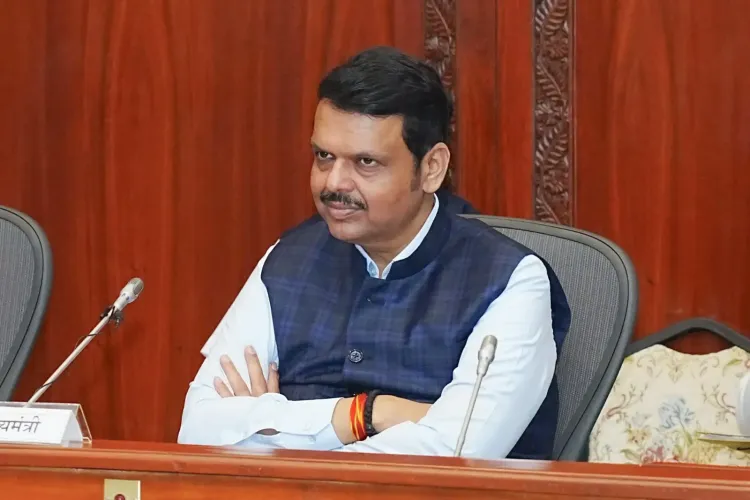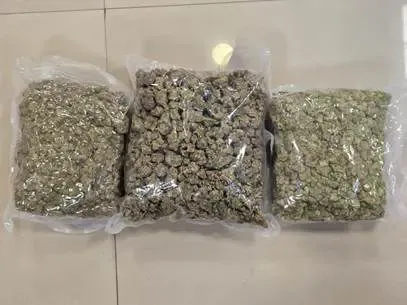Maharashtra CM Fadnavis Orders Enhanced Care for GBS Patients in Government Hospitals

Synopsis
Key Takeaways
- Maharashtra CM has mandated special care for GBS patients.
- Government hospitals are to enhance treatment facilities.
- GBS is a rare, non-contagious autoimmune disorder.
- Awareness and preventive measures are crucial.
- Daily updates on GBS cases are to be monitored.
Mumbai, Jan 28 (NationPress) In light of the ongoing outbreak of Guillain-Barre Syndrome (GBS), Maharashtra Chief Minister Devendra Fadnavis has instructed the administration to implement special provisions in government hospitals for the treatment of affected individuals.
During a presentation from the public health department at the weekly cabinet meeting held on Tuesday, the chief minister assessed the current situation relating to GBS.
According to a statement from the chief minister’s office, while GBS patients are currently receiving care, he has mandated that enhanced arrangements be established in government hospitals to guarantee that patients receive adequate treatment. The state health insurance program, Mahatma Jyotiba Phule Jan Arogya Yojana, covers treatment for this condition. Should any additional procedures be necessary, they should be coordinated through the Public Health Department.
Deputy Chief Minister Ajit Pawar mentioned that directives have already been issued for the management of patients within Pune city, specifically at the Kamla Nehru Hospital under the Pune Municipal Corporation and the Yashwantrao Chavan Memorial Hospital of the Pimpri Chinchwad Municipal Corporation.
Health Minister Prakash Abitkar stated that GBS is a rare condition and is not spreadable, arising instead from weakened immunity.
“A review has taken place in Pune regarding this issue. Instructions regarding treatment and examinations have been disseminated. In accordance with these, the state Public Health Department and the Health Departments of both Pune and Pimpri Chinchwad Municipal Corporations are taking action,” he elaborated.
Currently, there are 111 reported cases in Pune, with 80 situated within a five-kilometer radius. Approximately 35,000 households and 94,000 individuals have been tested through the National Institute of Virology. Although one death has been reported, it has yet to be confirmed as related to GBS.
Medical Education Minister Hasan Mushrif urged the administration to effectively apply the standard operating procedures (SOPs) designed to halt the GBS outbreak. Additionally, he emphasized the necessity of submitting daily updates on GBS patients to the Commissioner of the Medical Education and Research Department. Mushrif insisted on creating public awareness regarding preventive measures, which will assist in curbing the virus's spread. He also noted that the health system must ensure the availability of essential medications and equipment.
The public health department has enacted a range of initiatives, including deploying a state-level rapid response team to the impacted area, instructing the Pune Municipal Commissioner and rural district authorities to enhance surveillance efforts, and sending 44 stool samples to NIV Pune for testing related to enteric viruses.
According to the Public Health Department, GBS is an autoimmune disorder wherein the body's immune system attacks the peripheral nervous system, leading to symptoms such as muscle weakness and, in extreme cases, paralysis. Common indicators of GBS include sudden weakness in limbs, paralysis, difficulty walking, sudden onset weakness, and prolonged diarrhea.
The public health department has urged citizens to remain calm but to visit a government hospital if any symptoms arise. Individuals are also advised to take preventive measures, such as drinking boiled water and consuming fresh, clean food. Furthermore, the department recommends that cooked and uncooked food items should not be stored together to prevent contamination, while also underscoring the importance of personal hygiene.









